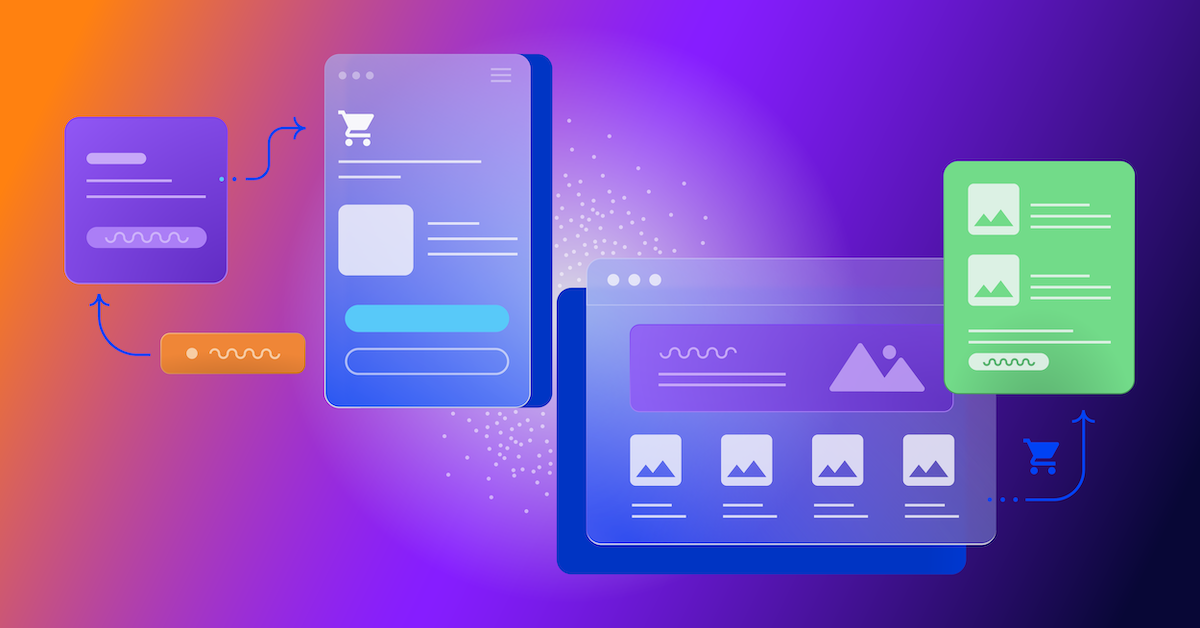Surface Tension and Culture Change
Changing circumstances often radically change what we consider normal and desirable.

Deane Barker

In the early 1970s, Americans came face-to-face with their dependence on foreign oil. The 1973 Oil Crisis quadrupled gas prices almost overnight.
Until then, getting a big American car was a rite of passage. My family immigrated from New Zealand back then, and my Dad finally got the "Yank Tank" he had always wanted.
Americans had never thought about making cars smaller -- that was for cheap foreign brands. But sky-high oil prices forced adaption and innovation that changed how America built cars forever. Gone was the traditional body-on-frame construction, and in came "unibody" cars, which were lighter and more fuel efficient.
Humans are almost infinitely adaptable, but there's a "surface tension" of habit that we find tough to break. Like water that inches over the top of its container because the surface tension holds it together, we get stuck in habitual patterns. When something finally forces those habits to break, there can be a sudden unraveling, much like piercing the surface of water with a pin.
I'm writing this in March 2020, during the COVID-19 pandemic. I absolutely hope that you're reading this long in the future, when things have gone back to normal.
But what does "normal" even mean? In many cases, circumstances forever change the definition of "normal."
Life has changed for many of us. A massive new group of people are working from home, many kids are off school, and a great many businesses have closed or been forced to cutback or change their models.
We're all wondering when things will "change back," but I'm wondering what "back" means anymore.
For many parts of our lives, the goal line may have simply shifted forever. The pandemic that has prompted us all into isolation will undoubtedly have some long-lasting effects on how we interact as a society.
For example, I saw this news article yesterday:
Universal Studios to Release Movies Currently in Theaters as $20 Rentals
Movie studios have so far honored a 90-day theater-only policy, whereby new movies wouldn't be available outside theaters for three months, to give theater chains a chance to make some money from them.
With lots more people at home, Universal Pictures is abandoning that policy, betting that there's now a market for $20 first-run movies in your living room. I can see it working -- my wife and I spend far more than $20 for two people to go to the movies, and I'll have a better experience on my couch using my home theater.
And there will be no reversal from this policy. Just like you can't push toothpaste back in the tube, there will never be a point where Universal decides to reinstate their 90-day theater policy because our circumstances and perspective will have been so radically reoriented.
Retail is another case. While brick-and-mortar has been chipping away for years, there are suddenly a lot of people who are going to try online and automated shopping services for the first time. Sitting in your car while someone brings out a pre-filled grocery order and loads it for you has taken on a whole new meaning and value proposition.
Even when we're free to venture back into stores...will we? Leisurely shopping for clothes isn't the same as stocking up on mac-and-cheese, and we might just realize we don't need to be present for the latter anymore. Shopping for the basics might simply be a commodity experience we can digitally automate.
And what of all the people who are suddenly working from home, who never thought they would? I'm one of them. I left Blend Interactive to join Episerver late last year. I'm still a partner in Blend, so I kept an office there for institutional continuity. More so, because I couldn't imagine working at home. My formal office was a habit I just wasn't prepared to break.
Well, circumstances change, and here I am at home. My wife and I are rearranging the basement to give me a permanent home office, and I'm evaluating my technology. I need a better web cam, I may need to do something different on my background, I need to figure out how to better insulate from external household noise, and on and on. The state of the world forced me to break the surface tension of that habit and permanently resolve the resulting issues.
The fact is, moving to a home office is going to drive a bunch of change and innovation for me personally. And how many other people and businesses will learn in the next few weeks that they can work from home as well? Millions? Think about the global change in business models that might drive. Think about the other people working from home for years, wondering what took everyone else so long.
It's been a few days now, and I'm already seeing some advantages of a home office. Give me a few more weeks of this (which seems likely), and this will undoubtedly become my new normal. My professional lifeline will be my company's digital infrastructure.
Once circumstances pierce the surface tension of face-to-face interaction, there can be a paradigm shift to completely new models. There's little doubt that, five years from now, so much more of our lives will be remote and digitally delivered.
(And for something completely removed from digital, this moment is what the bidet industry has been waiting for. Bidets have never taken off in North America, but with irrational toilet paper shortages in the news, bidet sales are apparently off the charts all of a sudden. How many more people are going to try a bidet now who never have before? Will it bring that market to a tipping point?)
The human race is shockingly resilient and resourceful, and we'll recover from this and move forward. Not only that, we'll have been thrust into circumstances that will have given us an entirely different perspective on the things we do habitually from day-to-day.
When a balloon deflates, it never regains its original shape. It will always be changed for the experience.
And so it is with us. When this is all over -- and it will absolutely end -- our behaviors will have changed in such a way that things we consider sacrosanct today might seem silly. Perhaps I'll never consider walking into an office building or going to a movie theater ever again, and I'll tell my grandkids about those things with wistful nostalgia.
The one thing all my imagined scenarios of the future have in common is the delivery of content and the resulting connection of people. Those are fundamental human traits and needs that we'll simply adapt to find new and innovative ways to bring about.
Some questions to think about:
- Is digital-first your default model? Or does it take a backseat behind other interaction models? Is it time to reprioritize how you interact with your markets?
- Are your employees onboard with a digital-first transformation? Are they prepared for that level of change?
- Do you have adequate systems in place for this transformation?
- Do you have a history and tradition of communication with your customers? Or will this be a culture shift? What do you have to do to get this started?
- Do you have the human processes in place to create and manage digital-first? What processes are holdovers from what we did before?
I believe in content and human connection, now more than ever. Systems and perspectives might evolve, but content is what brings us together, and there's no greater need for that than right now.
